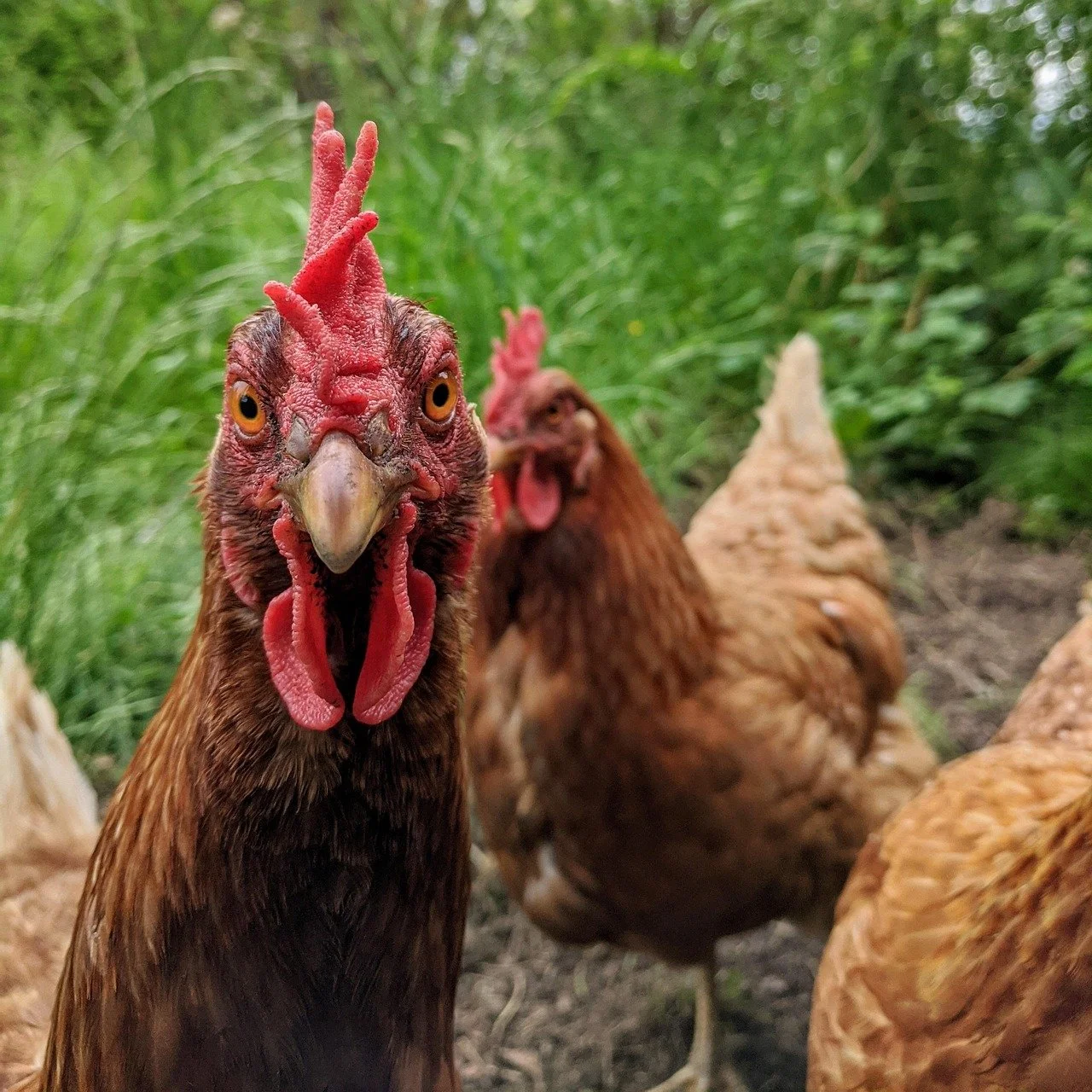My Parenting Comparison Monster
My kids are in their 20s, but I still remember my first pregnancy and how exposed I felt even as I was on the cusp of the parenting arena. Back then, amidst conversations with people ahead of me in the parenting journey, as we talked about birthing classes and birth plans and breastfeeding and staying home with my kid, I felt the edge of something that would only later become clear to me: a comparison monster.
Within the zeitgeist of my parenting era (and I suspect all parenting eras), there was an unspoken rank order, an undercurrent about the RIGHT way to proceed: natural childbirth (I failed that with a planned C-section), breastfeeding (chapped nipples and Mastitis were unfortunate side effects but not reason to switch to a bottle because of the MASSIVE HEALTH BENEFITS to the baby), staying at home with the baby for as long as possible (it was only when I went back to work 6 months after my second child was born that my depression lifted and I had the dawning realization that I’d been clinically depressed for almost 3 years).
Every year brought new rankings: which school my kids attended (or not given the popularity of homeschooling at the time), whether they played sports, how well they were doing academically. On and on. And on and on. If you’re a parent, you know how wide and deep this current is.
I thought that in my empty nest years, I’d be free from that posturing, but recently, I was on the walking trail behind my house and delightfully came across a friend I hadn’t seen in a while. We caught up with our own lives, but our conversation quickly turned to our kids. Of course, it did. And I love that – my kids are a big part of my life, and I adore them. It was only when we were wrapping up our conversation that I felt that pang, a stab to the gut that told me in no uncertain terms that my comparison monster was present.
After my friend told me about his daughter’s post-partum depression and her recent emergence into the light, he said, “But our kids are good. They’ve never given us any real trouble, not like your kids.” Whoa! That was a blow. He mentioned my oldest, who is trans. In this political climate, that is, indeed, a scary identity.
My friend was tone-deaf, but well-meaning. Despite his pure intent, I felt the twist of my gut, the knife of the comparison monster. Are my kids representing me well out in the world? Are they offering proof to my circle that I’ve done a good job as a parent?
As I continued my walk after my friend and I parted, I dropped into the exchange and into my reaction so that I could explore what was coming up for me. The term that came up for me was playground regression. As humans, we’re always, always, always assessing where we are in the pecking order of our communities.
The origin of that term – pecking order – comes from chickens who establish a strict social ranking system where the top bird can peck lower-ranking birds and be free of retaliation, but that is a one-way street. Nobody gets to peck the alpha. The second-ranking bird can peck any bird except the top and on down the line it goes. The ranking determines which bird has first access to food, nesting spots, and other resources, and it – surprisingly – actually reduces overall aggression within the flock after the first pain from the order being established. Was the same ever true of humans? Is it something we’ve outgrown now that we don’t live tribally?
Am I supposed to bow to the truth that my kids are swimming upstream more than my friends’ kids are? Does that bring peace to the kingdom? Um….. nope.
The inevitable emergence of my comparison monster reminds me of what I tell my clients: this comparison feature is part of our original factory settings, so don’t try to suppress or override it – instead, learn to work with it. I’m working with it, and my cognitive reframe is to see that my friend and I share a natural interconnectivity. We’re part of the same web. I don’t buy that my kids are more trouble than his. I could actually make a strong case for my kids being more enlightened and more emotionally intelligent, more tuned into their own identity than his kids are, since both of my kids have done significant inner work (proven, in part, by the therapy bills we’ve paid over the years). But me litigating who’s higher in the pecking order just entrenches my comparison monster.
I’m breathing deeply, and I’m letting myself notice that I’m not on the playground anymore. I live with these friends, and they matter to me, even when they inadvertently step on my toes. It’s MY WORK to attend to and metabolize my emotions – that’s not up to my friend to do for me. And I can do it. The twinge was there, I met it, and I know how to take care of myself through it. Rather like a muscle cramp. I’ve got this.
